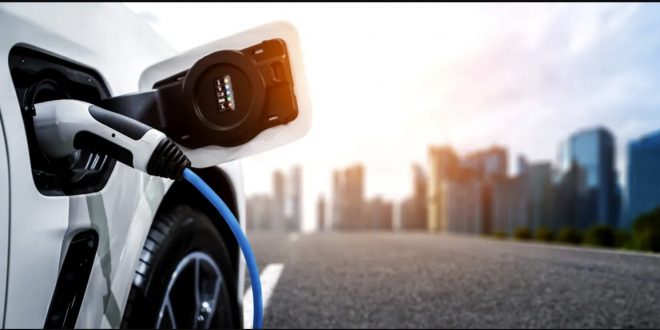According to recent study, scientists claim to have developed a brand-new kind of battery that does not lose capacity after charging cycles. The positive electrode material may pave the way for new electric vehicle batteries that do not have one of the biggest issues these vehicles currently experience, which is a battery’s lifespan that is constantly decreasing and necessitates costly and environmentally harmful upgrades.
We must stop using gasoline and diesel vehicles if we want to free the planet from the crude oil chains that are currently keeping us from reaching net zero emissions. Electric automobiles, which have advanced significantly in recent years but are still constrained by battery technology, are generally thought to be our best option for achieving this. Lithium-ion batteries lack the range necessary to sway many petrolheads away from their cherished pistons since they are bulky, expensive, generally short-lived, and heavy. Batteries must last longer and cost less if the world is to adopt electric vehicles.
To that end, solid-state batteries (SSBs) are a promising new technology. Solid-state batteries are built entirely of solid materials, in contrast to lithium-ion batteries, which rely on a liquid electrolyte to assist the flow of charged ions during charging and discharging. These batteries are currently constrained by damage that occurs to the electrodes as lithium ions flow through them. However, they can charge more quickly, store more energy than liquid batteries, and don’t present a safety problem if the contents leak out. This is due to the fact that the electrodes’ structure changes as a result of ion movement, and if SSBs are to be successful, they must find a means to halt this movement.
In order to tackle this, a group of researchers studied a brand-new SSB material type that exhibits extraordinary stability and guards against electrode deterioration. This substance is advantageous because it has the same volume when ions enter or exit it. The battery can therefore be used repeatedly without the material consistently degrading; technically, it could be charged and discharged endlessly.
With lithium-ion batteries, you wouldn’t expect any degradation after 400 charge/discharge cycles, but the researchers tested it and found none. Although the principal author Professor Naoaki Yabuuchi feels they are on track to make it ideal, it isn’t quite there yet.
According to co-author Associate Professor Neeraj Sharma, “the absence of capacity fading after 400 cycles clearly reveals the higher performance of this material compared with those reported for traditional all-solid-state cells with layered materials.”
“This discovery may significantly lower battery costs. The creation of high-performance solid-state batteries with practical applications may also result in the creation of cutting-edge electric vehicles.
The team claims that this battery might result in an electric car with a five-minute charge time, greater capacity than current batteries, and lower overall cost.
 Tech Gadget Central Latest Tech News and Reviews
Tech Gadget Central Latest Tech News and Reviews




